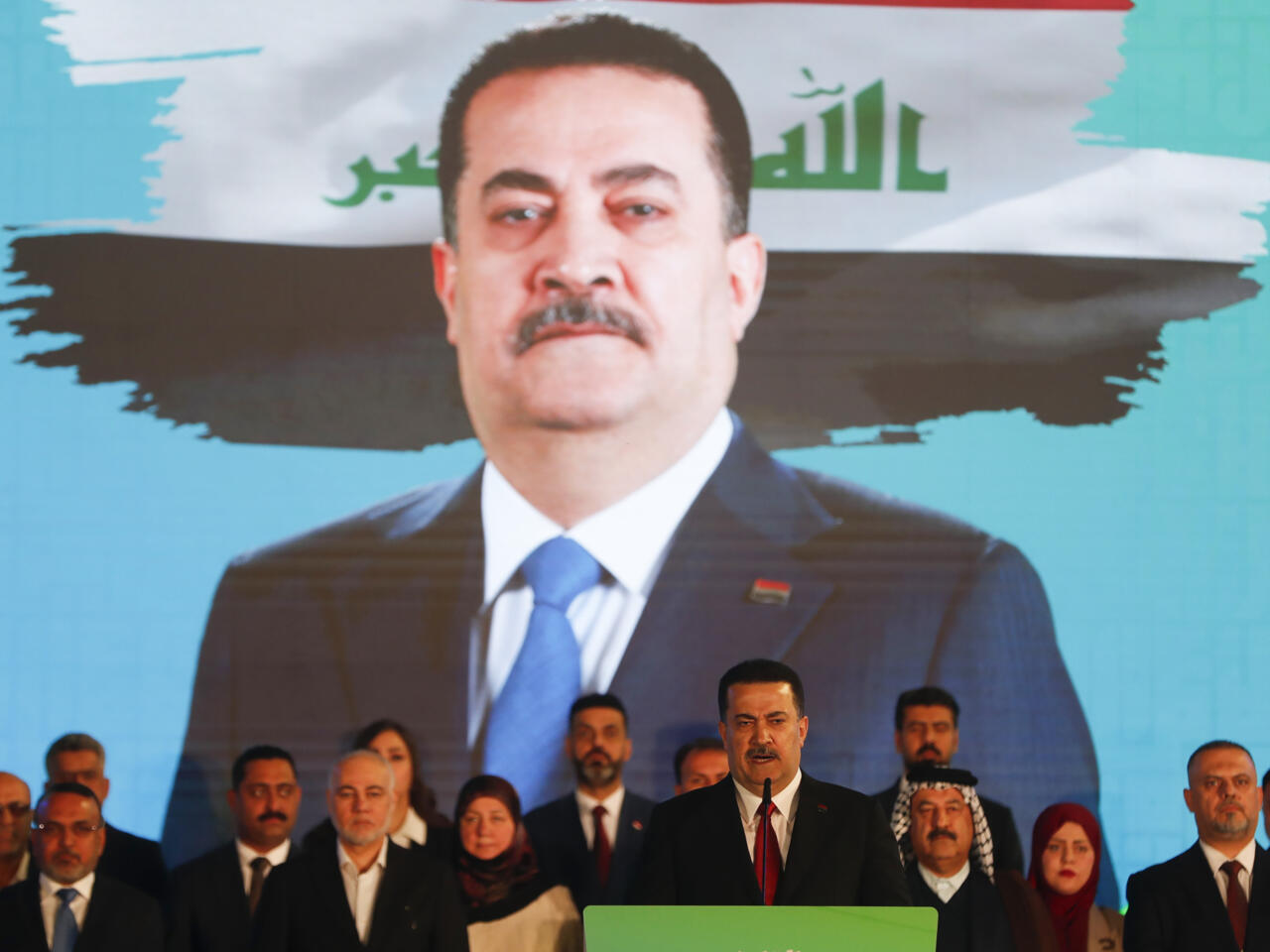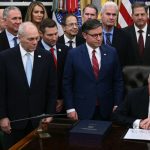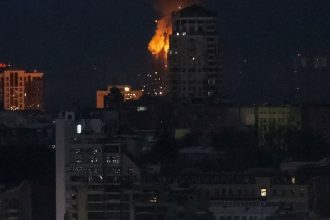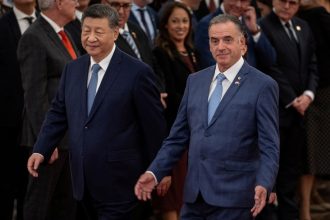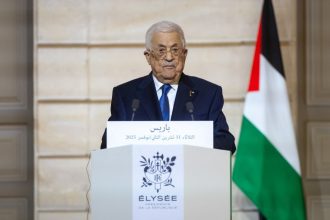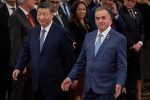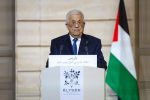Iraq’s incumbent Prime Minister Mohammed Shia al-Sudani has claimed victory for his coalition after preliminary results from the general election showed a clear lead. Supporters of Sudani, seeking a second term, gathered late into the evening at Baghdad’s Tahrir Square to celebrate with fireworks, music, and chants of support, creating a rare moment of public jubilation in a country long marked by turmoil.
In a televised address, Sudani framed the win as a triumph for all Iraqis, saying, “Congratulations to the Iraqi people on your coalition winning first place in the parliamentary elections.” On X, he added, “Our coalition, ‘Reconstruction and Development,’ is first. I express deep gratitude to the Iraqi people for their support.”
Tuesday’s elections came amid a rare period of calm in Iraq, a nation often destabilized by regional conflicts. Yet the challenges ahead remain substantial. The next prime minister must deliver on urgent public demands: jobs, infrastructure improvements, better healthcare, and education systems, while tackling deep-rooted corruption and mismanagement.
Sudani also faces the delicate task of balancing Iraq’s relationships with regional powers, particularly arch foes Iran and the United States. Preliminary results released Wednesday evening by the electoral commission showed Sudani’s coalition leading with over 1.3 million votes, roughly 217,500 ahead of the closest rival list. More than 12 million Iraqis voted out of 21 million eligible, despite calls for a boycott by influential Shiite cleric Moqtada Sadr.
While provincial vote counts have been shared, the final parliamentary seat allocation will be announced later. Political insiders suggest Sudani’s alliance could secure around 50 of the 329 parliamentary seats, putting him in a strong position to negotiate coalition deals—a process that has historically taken months in Iraq.
Under Iraq’s power-sharing system, the prime ministership is allocated to the Shiite majority, the parliament speaker is a Sunni Muslim, and the largely ceremonial presidency goes to a Kurd. In past parliaments, Shiite-majority parties have had to negotiate compromises to form a government.
Sudani rose to prominence three years ago with backing from the Coordination Framework, a coalition of pro-Iran Shiite parties. While some internal divisions remain, his “Reconstruction and Development” platform has reshaped Baghdad with new tunnels, bridges, and construction projects, all while maintaining a cautious stance amid regional tensions.
Despite his political achievements, many Iraqis remain skeptical about elections, expressing that systemic issues and elite politics often overshadow meaningful change in daily life. Yet Sudani has promised to continue pushing his agenda for reconstruction, development, and stability in a country seeking hope after decades of conflict.
This election is not just a political milestone—it is a reflection of Iraqis’ enduring resilience and the cautious optimism of a nation determined to chart its own future.
